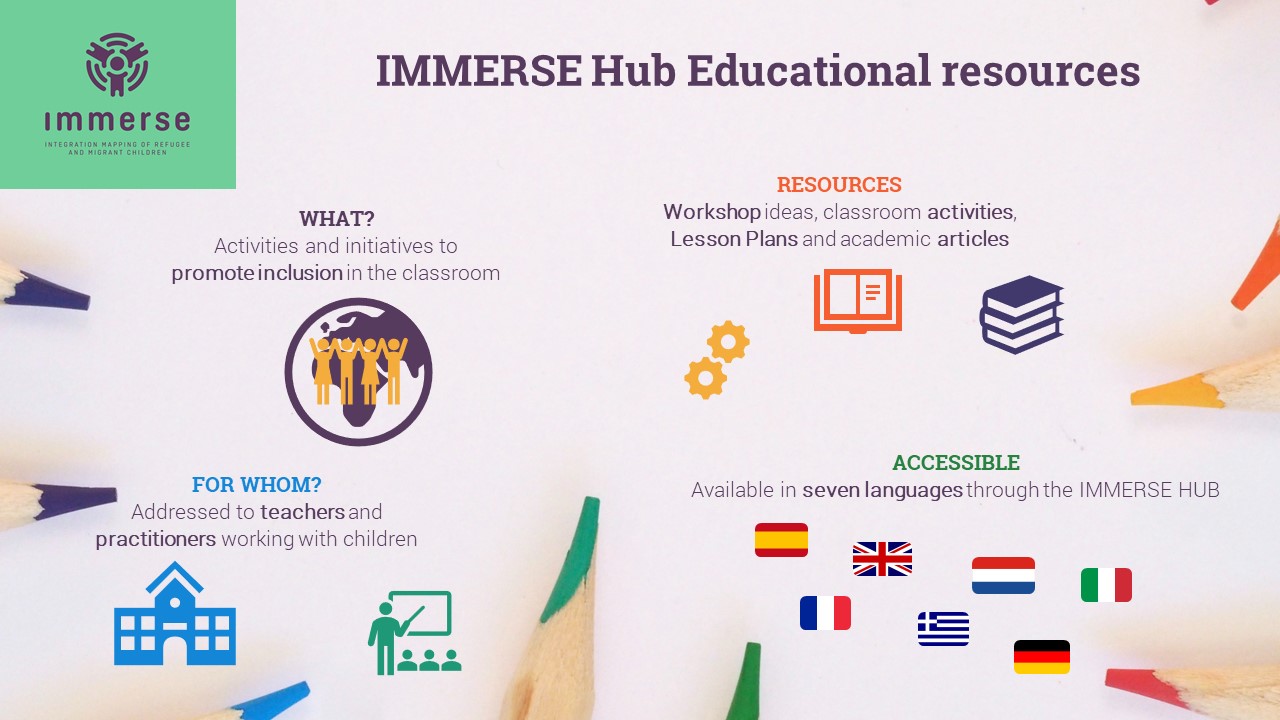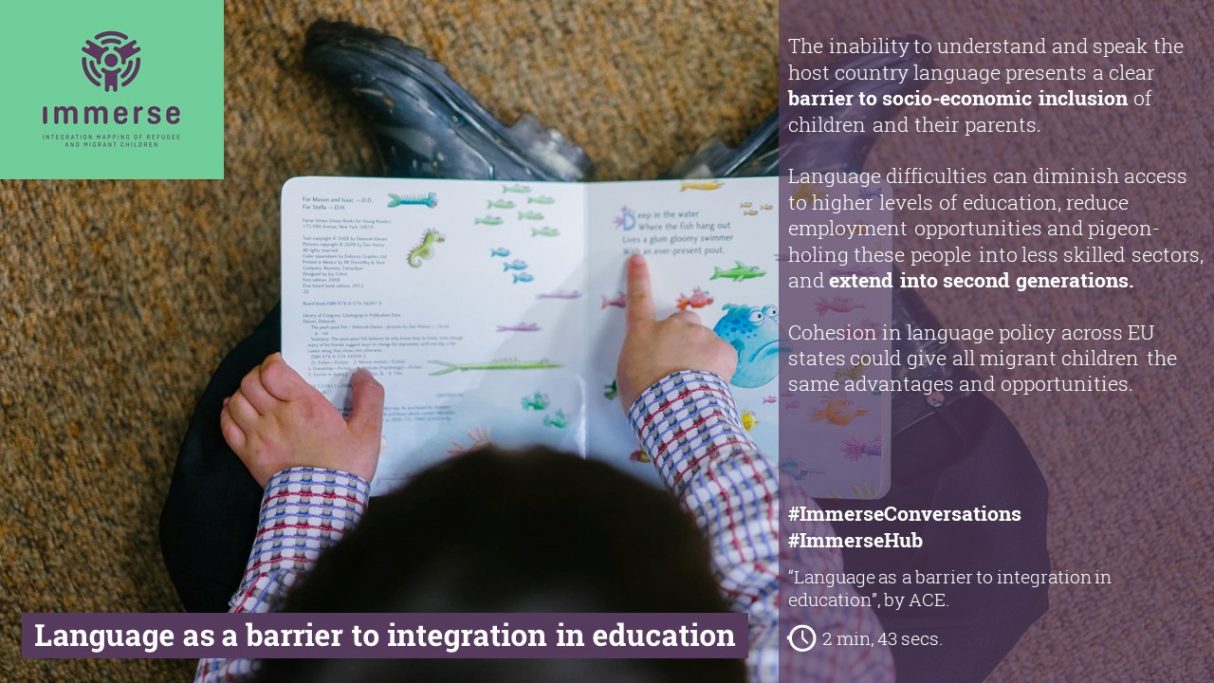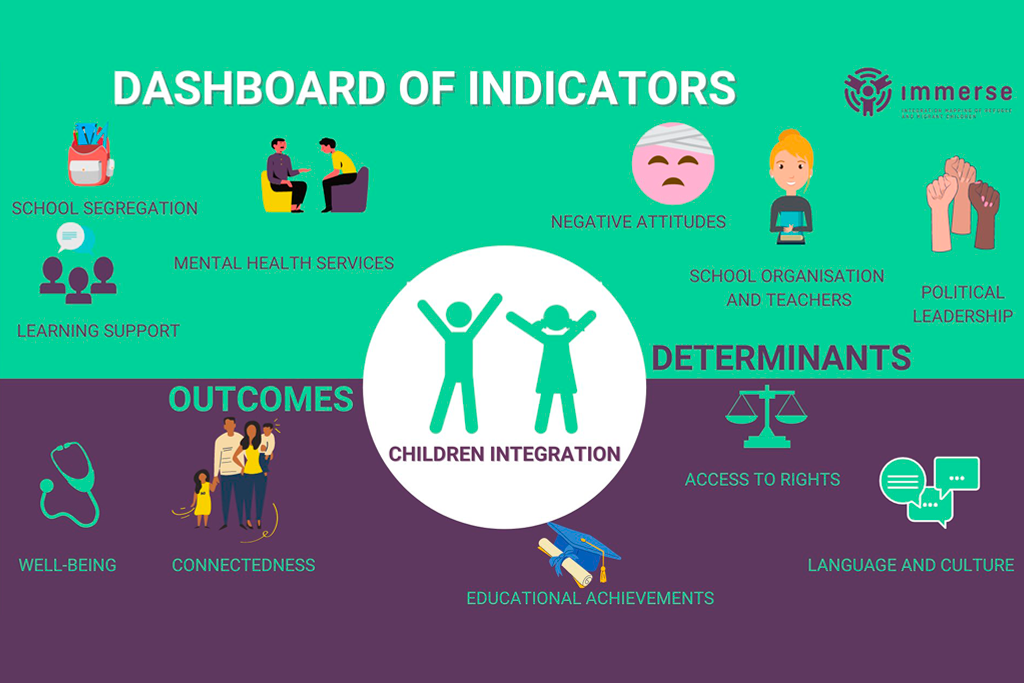Description
Nearly 400,000 Rohingya refugee children in Bangladesh aren’t getting a formal education. This article and video detail a pilot study approved in January 2020 to teach 10,000 children the Myanmar curriculum at unofficial schools set up by Rohingya refugee teachers. This article and adjacent report emphasise the need for further education provisions for migrant children in especially precarious and insecure situations, and the need for education to become accredited. It details the minutia of current plans regarding Rohingya children’s education and the obstacles posed by the Bangladeshi government
- Access to compulsory education
- Children complete compulsory education
- Children maintain their cultural identity while adopting new cultural values and intercultural competences
- Children remain in (formal) education beyond compulsory levels / Access to (formal) non-compulsory education
- Children's academic skills
- Children's life satisfaction / happiness
- Institutions
- Types & levels of (formal) non-compulsory education attended



